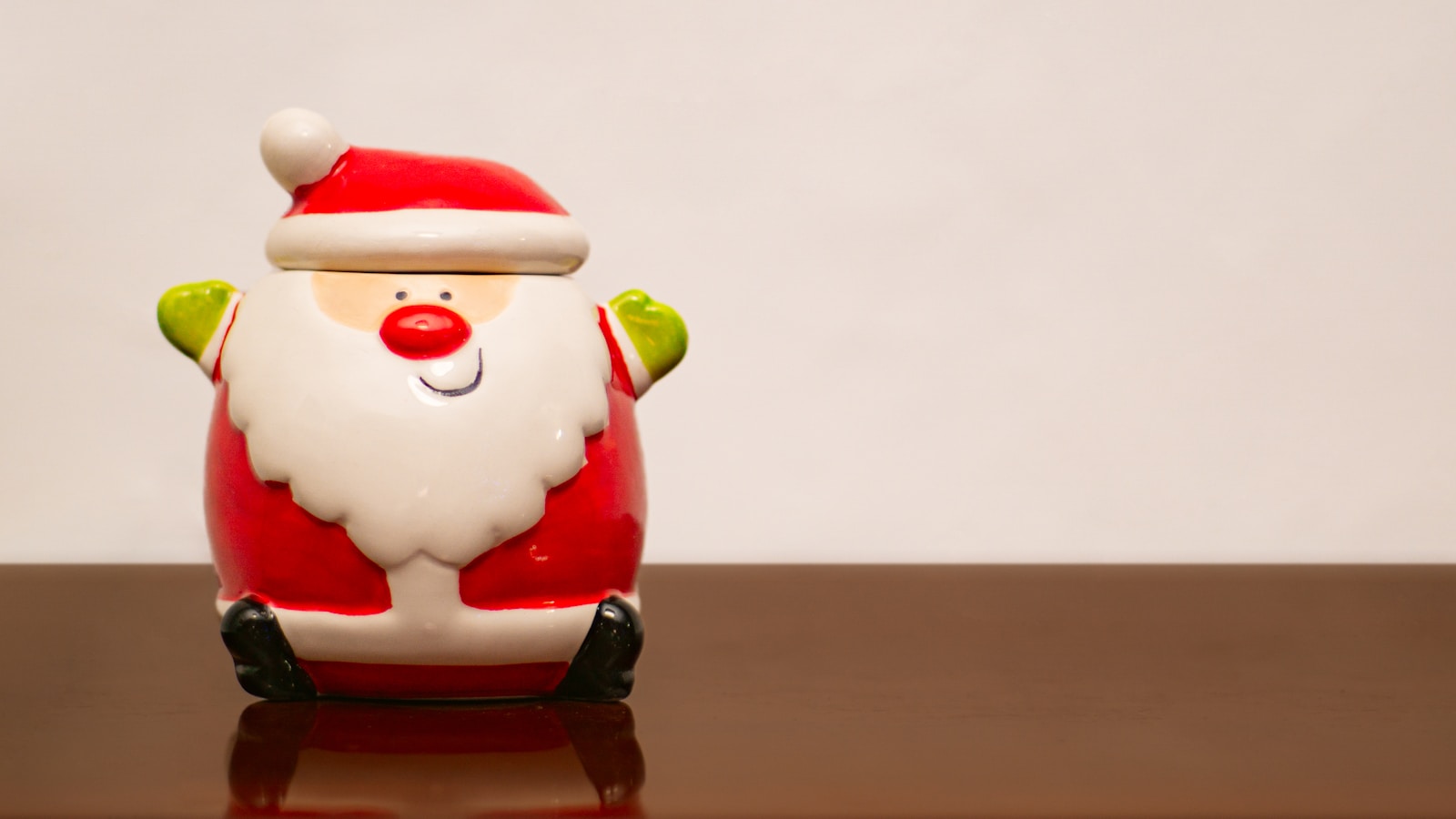
papá noel

santa claus
The term 'papá noel' is used in the Spanish language to refer to the mythical figure also known as 'Santa Claus' in English. It literally translates to 'Daddy Christmas'. 'Papá Noel' is associated with Christmas time, where it's believed he brings gifts to children in the night of the 24th to the 25th of December.
Example sentences using: papá noel
Papá Noel trajo muchos regalos este año.

Santa Claus brought many gifts this year.
In this sentence, Papá Noel refers to the popular holiday figure known as 'Santa Claus', who is famed for delivering presents to children on Christmas.
Voy a escribirle una carta a Papá Noel.

I'm going to write a letter to Santa Claus.
The sentence relates to the popular tradition amongst children of writing letters to Santa Claus, or 'Papá Noel', in the lead-up to Christmas.
Vi a Papá Noel en el centro comercial.

I saw Santa Claus at the mall.
This sentence refers to the common occurrence of people dressed as Santa Claus, also known as Papá Noel, appearing at malls and shopping centres during the holiday season.
¿Crees en Papá Noel?

Do you believe in Santa Claus?
This sentence is asking about the belief in the existence of Santa Claus, or 'Papá Noel'. It's a common question, especially among children.
Papá Noel vive en el Polo Norte.

Santa Claus lives in the North Pole.
This sentence is a statement about the supposed residence of 'Papá Noel' or Santa Claus, commonly believed to be the North Pole.
Los renos de Papá Noel vuelan por el cielo en Navidad.

Santa Claus's reindeer fly through the sky at Christmas.
This sentence refers to the traditional story of Santa Claus, or Papá Noel, travelling on flying reindeer to deliver gifts on Christmas Eve.
Papá Noel se viste de rojo y blanco.

Santa Claus dresses in red and white.
It refers to the iconic costume often worn by the character Santa Claus, or Papá Noel: a red suit with white fur trim.
Papá Noel bajará por la chimenea.

Santa Claus will come down the chimney.
It refers to the popular folklore that Santa Claus, or Papá Noel, enters the homes of children via the chimney to leave presents.
Papá Noel llena los calcetines con regalos.

Santa Claus fills stockings with gifts.
The sentence is alluding to the well-known tradition of hanging stockings by the fireplace for Santa Claus, or Papá Noel, to fill with gifts on Christmas Eve.
Los niños dejan galletas para Papá Noel.

Children leave cookies for Santa Claus.
It refers to the tradition of children leaving out cookies on Christmas Eve as a treat for Santa Claus, or Papá Noel, in appreciation for the gifts he brings.